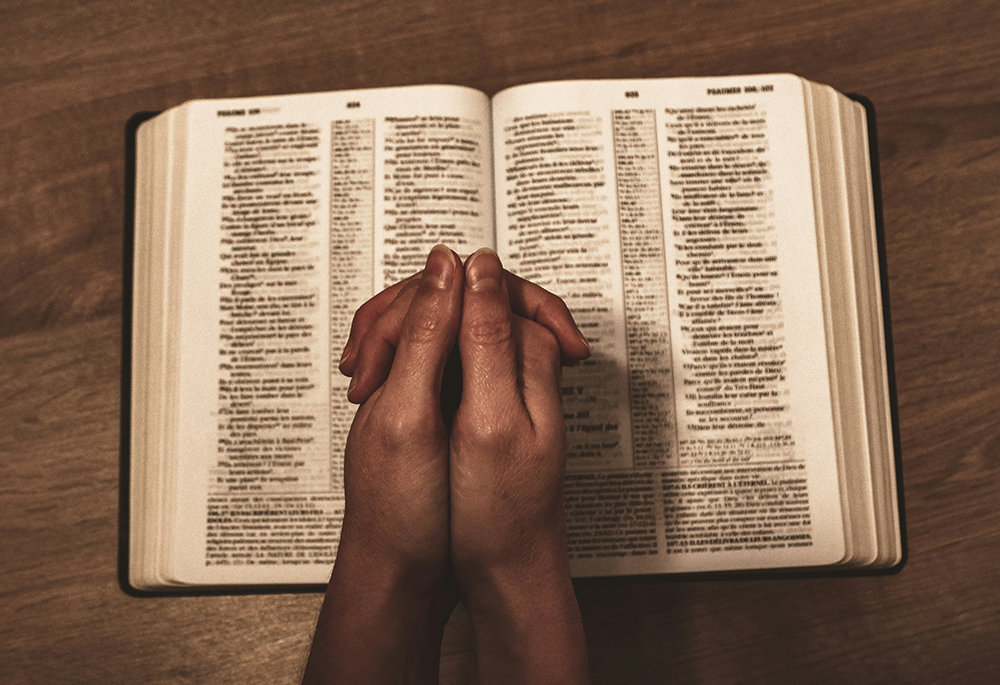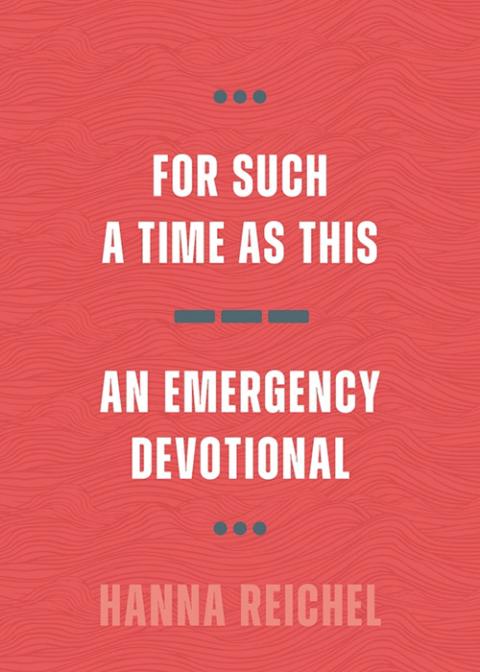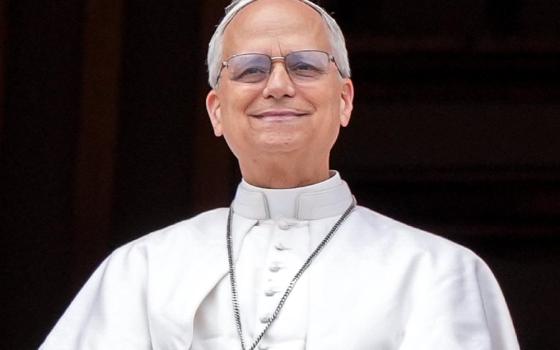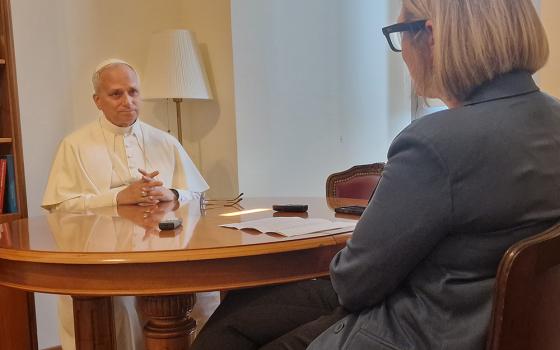
(Unsplash/Jametlene Reskp)
What do you do in a time like the one we're currently living in, with its political polarization and violence, its division and tribalism, its ecological devastation and apocalyptic feel? As Christians, a common response is to pray. But how exactly is one to pray? And for what or for whom?
I had a different column idea for this week. But then came the assassination of the conservative political organizer and provocateur Charlie Kirk. Murder is always tragic and unjustifiable, and still the high-profile nature of this killing and the maelstrom of violent political rhetoric it unleashed has only accelerated the feelings of fear and concern already experienced by so many.
I could no longer write about something that now felt atemporal and insulated from the horrors of our current moment. So, what to do? Prayer does seem appropriate, especially at a time like this, but how?
By sheer coincidence of timing, or direct act of divine providence (who can say for sure), I received in the mail a review copy of a book that seemed like an answer to my as-of-yet-unspoken prayers.
'We have been here before. This insight creates disbelief, frustration, weariness, maybe even despair. But it does not mean that all efforts are in vain.'
Hanna Reichel, the Charles Hodge Professor of Systematic Theology at Princeton Theological Seminary, has written an exceptionally timely book titled For Such a Time as This: An Emergency Devotional. In their introduction (Reichel uses they/them pronouns), Reichel describes our moment of "social unrest, economic instability, and even violence in the streets" with haunting precision, but does so through the lens of their home country of Germany nearly a century ago.
About the American and global contexts today, Reichel writes: "We have been here before. This insight creates disbelief, frustration, weariness, maybe even despair. But it does not mean that all efforts are in vain. It means that there is wisdom to be drawn from those who have gone through such times before. It means we are not alone."
Reichel is a thoughtful and careful scholar and student of history. They make clear from the outset that their intention is not to presume simplistically that history is repeating itself, but instead that there are echoes of previous moments of democracy in decline, which have resulted in a range of disturbing chapters in history. While this moment in the United States is distinctive, it is not unique — and the similarities that reverberate across time and context beckon us to learn from wisdom figures in other times and places who faced familiar threats, uncertainties and fears.

Cover of Hanna Reichel's For Such a Time as This: An Emergency Devotional (Eerdmans)
This is what makes this little book so compelling. It is not a book of answers, nor is it a Pollyannish attempt to argue, "There's no need to worry, everything will be OK." It is a collection of meditations that draw on the wisdom and witness of those who have faced their own perilous times, some of which eerily reverberate with our own, and who maintained their faith, hope and humanity through the political and social storm.
At the heart of these meditations is Reichel's profound engagement with Scripture. They take stories and sayings from the Bible and weave them together with the wisdom of 20th-century scholars and authors. As a theologian who specializes in the work of Karl Barth, it is not surprising that Reichel draws heavily from his corpus as well as some German Protestant figures who were his contemporaries, such as Dietrich Bonhoeffer.
But they also recount the powerful story of Etty Hillesum, the young Jewish woman and brilliant writer who was executed by the Nazis, and lift up the deep theological insights of Fr. Johann Baptist Metz on the concept of "dangerous memory."
Reichel's insightful reflections are gifts to us at this moment. Each chapter, averaging just three or four pages each, is worth pondering. Some key themes organically surface throughout, weaving each meditation together gently without coming across preachy or pedantic. Among those are community, love, faith, courage, persistence and memory. These are not arbitrary themes but those that arise in the biblical passages, theological reflections and heroic witness in times such as this.
Advertisement
Consider these words on community from chapter 17, titled " 'Break Bread,' or Nourish Community":
Real community is a miracle, but it is not extraordinary. Christ is crucified. The body into which we are incorporated by breaking bread is a broken body. Those who desire idealized, unbroken relationships with idealized, unbroken human beings destroy the real body of Christ instead of building it. ... Idealized community invariably produces shadows of exclusion, violence, and despair. ... Do not set your heart on a particular vision of community. The greatest danger to real community is the wishful image of ideal community. The sooner we embrace the necessary disillusionment of idealized community, the sooner we can embrace one another.
There is much to unpack in these sentences. Reichel fleshes these biblical and theological themes out well and invites readers to reflect on their own circumstances, outlook and spirituality.
For Such a Time as This is designed like a prayer book (hence the "devotional" in the subtitle) and organized in a liturgical way, structured with seven chapters in four parts (gathering, listening and responding, communion, sending) that can be viewed thematically or chronologically (four general topics or four weeks of reflections). It is rare to see a prayer aid so versatile.
In addition, Reichel includes what they call a "First Aid Kit," a clever two-page thematic index centered on emotional and spiritual needs (for example, "If you feel overwhelmed, go to ..." and "If you feel isolated, go to ..."), as well as a study guide for individual, group or parish use. The study guide is not just a set of reflections questions; it also includes concrete action suggestions as well as a short bibliography for further reading.
This is, in so many ways, the perfect book for such a time as this. When faith seems impossible and prayer feels foolish, Reichel's meditations offer a responsible and meaningful resource to aid believers in calling to mind what is most important, and encouraging readers to live as Christian disciples — even and especially when it feels too difficult.







